A paradox about Mikhail Gorbachev for my generation of Russians – I was seven years old when he became general secretary in 1985 – is that he will be remembered as both liberal and killjoy, an uneasy combination that left him at times making enemies in all directions.
The first is easy enough to understand. Gorbachev’s glasnost – a determination that political life (indeed, personal life) should become more open and transparent – was partly just canny politics. Any reasonable politician requires people to speak candidly to him and needs a feedback loop to govern effectively (indeed, it’s arguably Putin’s lack of one that led him into this war). The new decline in fear under Gorbachev also gave rise to some of the most exciting (latterly televised and broadcast live) sessions in the supreme council of ministers anyone had witnessed.
It had its knock-on effect in the world of the arts too. Suddenly films and books which had been banned for decades saw the light of day, and there was plenty of new and groundbreaking work. At the cinema, The Cold Summer of 1953 (1988) showed audiences a political prisoner for the first time. The first sex scene (comically tame now) appeared in Little Vera (1989) – an at-the-time shocking picture of everyday youth culture. One of the most significant films was Georgian director Tengiz Abuladze’s Repentance (1987), released three years after its initial ban, in which a Stalin-style dictator’s corpse keeps coming back to life wherever it is buried, terrorising the locals.
In literature too there seemed to be advances nearly every day. Books which had long lain in the KGB archives now burst forth: Solzhenitsyn’s The Gulag Archipelago (1989), Orwell’s Nineteen Eighty-Four, Doctor Zhivago (1988) by Boris Pasternak. These were not just read but hoovered up, to be discussed hotly at the kitchen table, in queues or on buses.
This was lucky, as one of Russia’s chief pleasures had already come under attack. In the 10th century Russian Prince Vladimir the Great had rejected Islam because of its ban on alcohol, declaring that drink was joy of the Russian people: they could not live without it. Gorbachev, his daughter just having completed a Phd on the causes of male mortality, clearly thought differently. Within a few months of his taking office an anti-alcohol campaign was up and running.
No one can deny some of this was necessary. By the mid-80s, the country was plagued with casual alcoholism. In a world where travel was proscribed and private enterprise illegal, you could only drown your dreams and ambitions in vodka, cheap and easily available. The zapoi was a part of Soviet life – a kind of days’ long binge, one heavy drinking session after another, its overall duration depending only on the availability of drink and the state of your health. As a saying of the time had it, ‘You drink in the morning, and after that, the day is your own.’
Never have I seen so many people wrecked as in the mid-80s. They were everywhere – sleeping in telephone boxes, sprawled on the floors of buses (‘They’re just tired after work’, my father would reassure me), or tottering in pop-up beer bars attached to shops and kiosks. These last served draft beer in tin mugs chained to the counter. The beer was hopelessly watered down, its head of foam, it was rumoured, mostly detergent added to the mix.
Under Gorbachev’s campaign – launched in May 1985 – alcohol could only be served from 2-7 pm and vodka prices doubled. In some regions – Sverdlovsk, for example – coupons were issued and each adult only allowed one bottle of vodka per month. The drink fast became a liquid currency, while at the same time illegal home-brewing soared. A famous concoction of the time was ‘Heil Hitler’, a distillation of orange juice and yeast brewed in a jug with a rubber glove stretched over it. When the drink was sufficiently alcoholised the glove would inflate, giving a Nazi salute. Heil Hitler!
Women widely supported Gorbachev’s anti-alcohol campaign – they were the ones saddled with drunk husbands, after all – but men did not take to it so kindly and saw it as an act of war. A joke of the time – often retold – features a man standing in a long line for vodka, who finally loses his temper and says he’s off to kill Gorbachev. A few hours later he comes back, disappointed. ‘There’s an even bigger queue to do that.’
There was also a ridiculous drive to eliminate any mention of alcohol from movies or TV programmes, as if the mere word would corrupt us. This was perhaps the only significant attack on free speech under Gorbachev, but given how much Russians drank, it was quite enough. Films in which drinking was central to the plot – The Irony of Fate (1976), our Christmas movie, among them – were banned from our screens, and in films where drinking was incidental, the scene was simply cut.
Nor were these the only entertainments neutered by Gorbachev’s finger-wagging. For funeral wakes you could get no vodka without a death certificate. The joyless abomination known as the ‘dry wedding’ became more and more common. Naturally, it was an economic disaster too. Many vineyards in Southern Russia, Moldova and Ukraine were destroyed (in five years, grape harvesting dropped by half) and the vodka business – one of Russia’s main revenues – took a massive hit as well, its production plummeting by 50 per cent. Even Mikhail Sergeevich, towards the end of his life, admitted it had not been thought through.
Yet free speech, whether lubricated by grain alcohol or not, was on the up now. There was more of it daily – on television, in the newspapers, in the streets – but this began to rebound on Gorbachev too. Glasnost relaxed restrictions on news-reporting, not all of it flattering to the regime. Natural disasters and accidents, hitherto unreported, were under Gorbachev often set before the public, who began to think of the perestroika-era as uniquely accident-prone and the period before it as a nirvana of safety.
People in queues – there was a lot of queuing as food-production failed to hit its targets – began to mutter about the birthmark on Gorbachev’s head, agreeing it was a bad omen for the country. The nickname ‘Misha the Marked’ (Misha Mechenyi) was bestowed on him, hard to shake. All of this meant a steep decline in Gorbachev’s popularity. By the end of the 1980s many saw him as soft and spineless, and his windy, interminable speeches – delivered in a thick, mangling Southern accent foreigners were oblivious to – annoyed even his strongest supporters.
But for many, like myself, Gorbachev is remembered warmly – for bringing down the Iron Curtain and opening Russia up to the world. For taking away the fear – of nuclear confrontation, of the night-time arrest, the fear of the government, of each other. I myself can’t regard him as a failure – rather a bright figure from some Greek tragedy, a man who sincerely wanted to do good in circumstances where everything was against him – and whose decency as Russian leader seems, under the current regime, a freak event in the pattern of our history, an anomaly, a kind of miracle.
Got something to add? Join the discussion and comment below.
Get 10 issues for just $10
Subscribe to The Spectator Australia today for the next 10 magazine issues, plus full online access, for just $10.

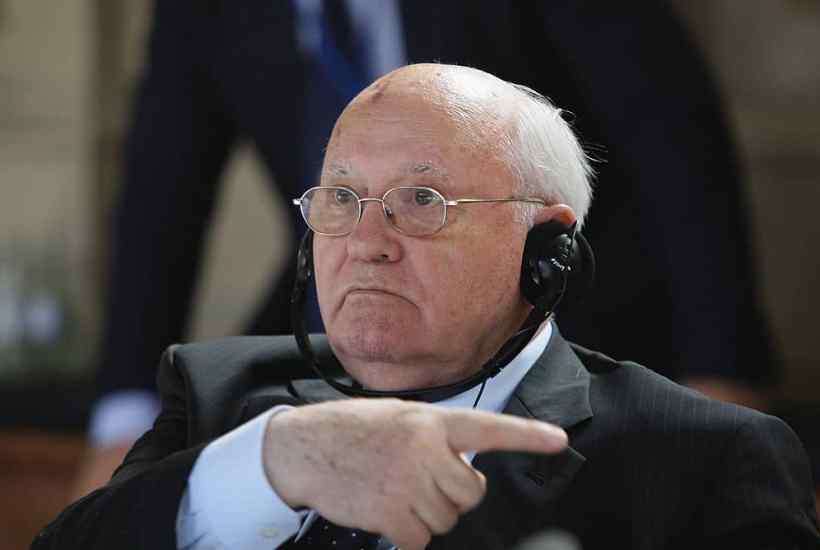
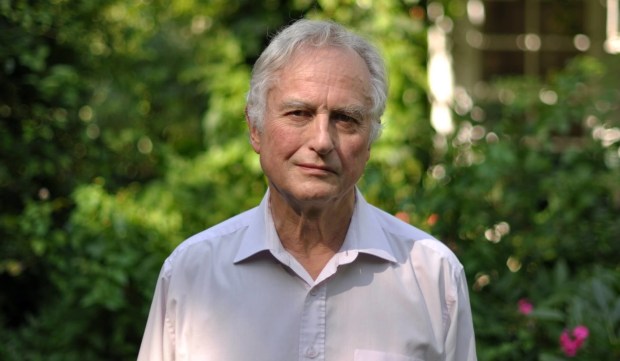

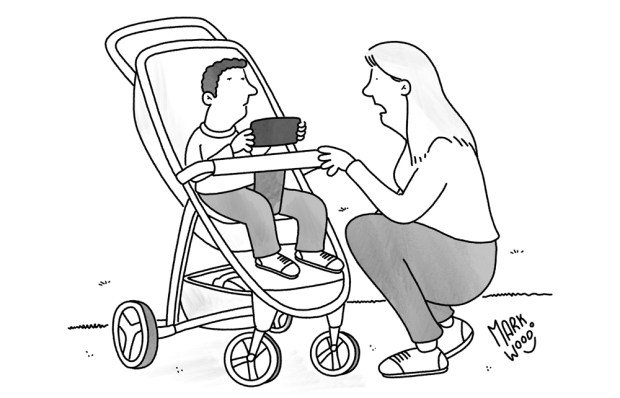
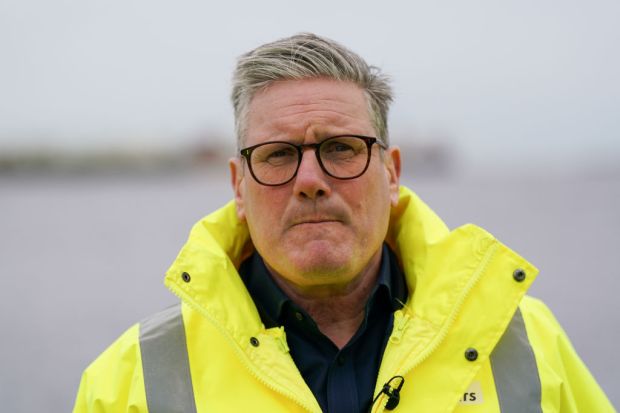
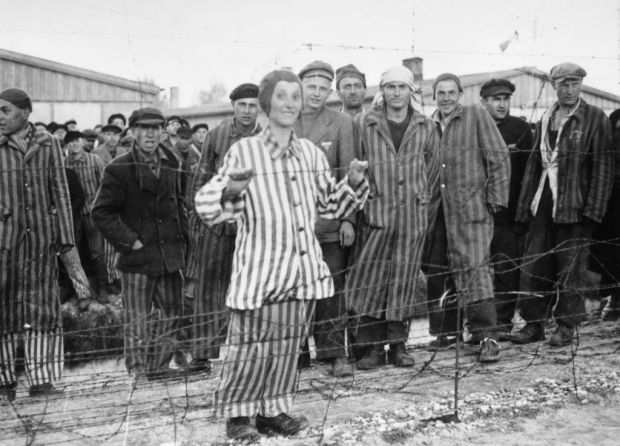
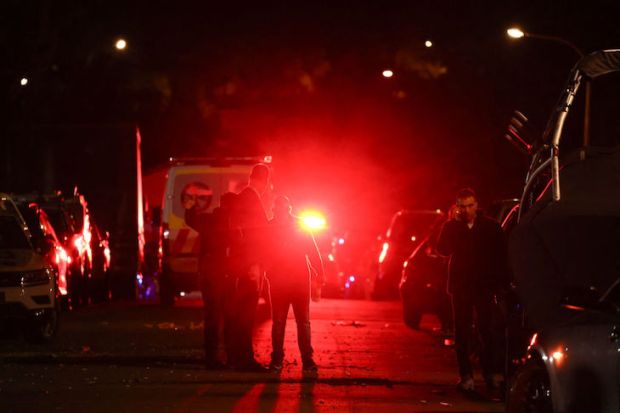












Comments
Don't miss out
Join the conversation with other Spectator Australia readers. Subscribe to leave a comment.
SUBSCRIBEAlready a subscriber? Log in